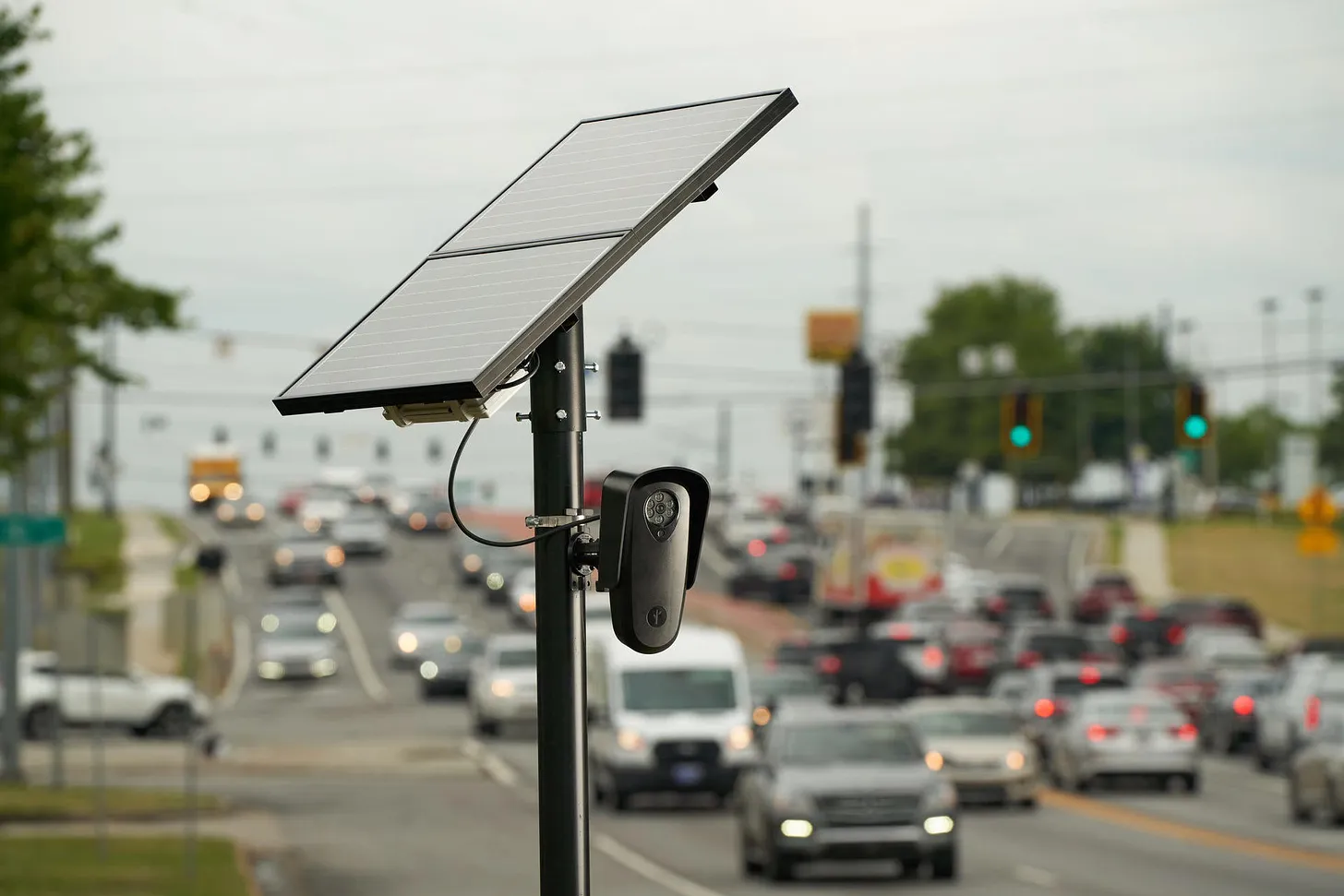This gets us to the central problem of today’s surveillance state. No one running the cameras wants to be observed. One reason that city officials object to releasing Flock data, for example, must that they themselves are among the recorded. The cameras are on them too; they too can be tracked. Everything means everything for these everywhere cameras.



This also boils down to who is in control of the data.
Whoever gets to approve the data requests, needs to be answerable to those whose footage is being recorded.
If footage is asked for, then such a request needs to be logged publicly, with the requester’s identifiable information and stored as a permanent record, regardless of approval.
If any legislation is to be made regarding this, it is important to keep in mind that incomplete footage can be more harmful and will be misused.
Then comes the point where cops don’t really care about correctly solving a case and are happy with propping any random citizen as a criminal. And considering how easily they can get away with harassment even after being exposed, it honestly doesn’t make sense to me at all that they be given absolutely any extra privileges.
From my standpoint, if I can’t use a local police camera to get informed on who cut the brake-cable of my bicycle, then there might as well be no police camera.
Everytime I have personally seen the police go out of their way to do something, they never had any legitimate purposes.
I completely agree, well put